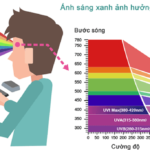Computers and phones provide us with a convenient lifestyle, but they also come with potential risks. The light emitted from these devices, known as blue light, can have adverse effects on our health if we’re exposed to it frequently and at close range. While it doesn’t affect cellular structures like gamma or X-rays, blue light can impact our nervous system, cause premature skin aging and pigmentation, memory loss, insomnia, hormonal imbalances, and heat pollution.
Here, we share with you a selection of plants that can absorb blue light and radiation, perfect for placing in your office or living room:
1 Chinese Money Plant
The Chinese Money Plant, or Pilea Peperomioides, is an easy-to-grow houseplant that can absorb radiation emitted by computers, TVs, and printers. It also helps purify the air by absorbing harmful substances.

2 Cactus
Cacti are composed of over 90% water, making them excellent absorbers of computer radiation. As blue light passes through the cactus, it breaks down the water molecules and converts them into heat energy. This makes cacti, and similar succulent plants, act as a barrier against the impact of blue light.
There are many small and cute cactus varieties available in the market, so you can easily find one that suits your taste.
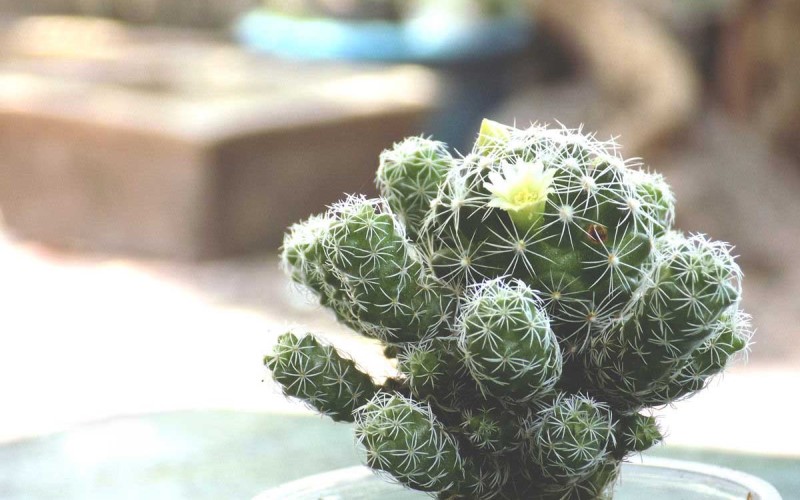
3 Spider Plant
Also known as Chlorophytum Comosum, the Spider Plant is renowned for its ability to absorb radiation from computers and other electronic devices. Studies have shown that its leaves contain chlorophyll, which helps protect the body, especially the eyes, from harmful blue light. Its unique appearance also adds a refreshing touch to your living space.
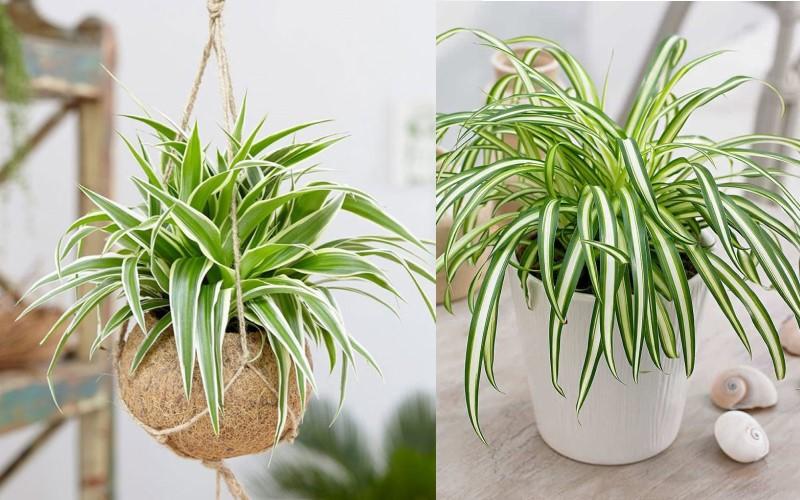
4 Snake Plant
The Snake Plant, or Mother-in-Law’s Tongue, is a familiar houseplant to many Vietnamese. Known for its air-purifying properties, it is also effective at absorbing blue light. Place a pot of this plant near your computer or TV to maximize its benefits.
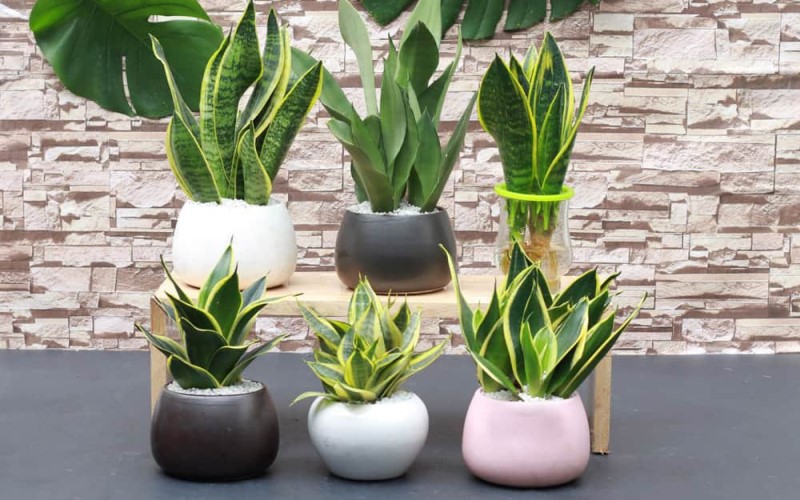
5 Singapore Cherry
The Singapore Cherry, or Syzygium Grande, is a tropical tree that has adapted to indoor environments. Being a tropical plant, it contains a lot of water, which helps block radiation.
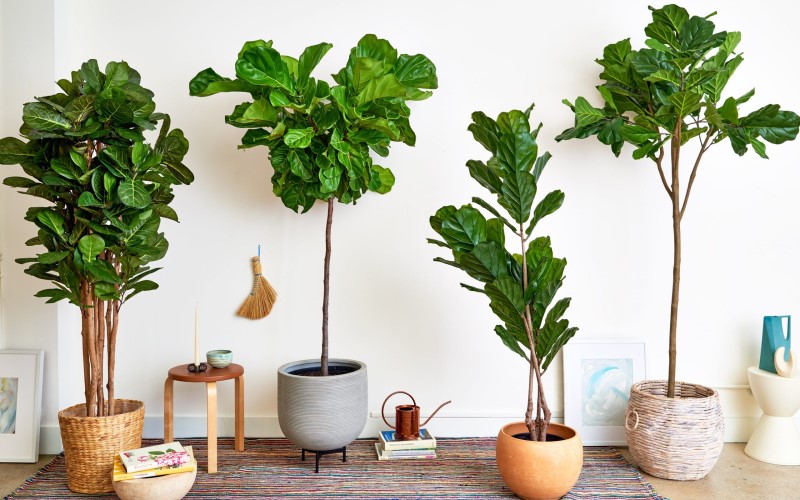
6 Weeping Fig
The delicate Weeping Fig, or Ficus Benjamina, surprises with its ability to withstand non-ionizing blue light. Its roots contain a lot of water, acting as a barrier against radiation. Its elegant shape makes it a beautiful addition to your living room or office.
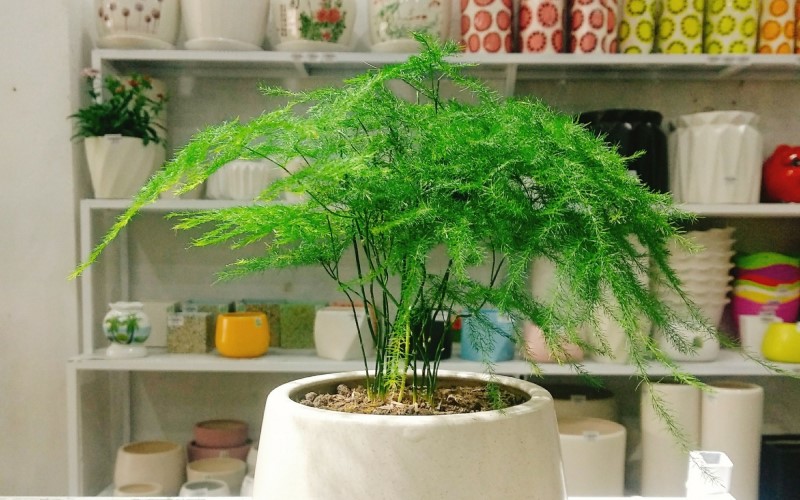
7 Pilea
Pilea plants are popular among young people for their cute and diverse shapes. Besides air purification, these succulents can also block blue light, protecting your health.
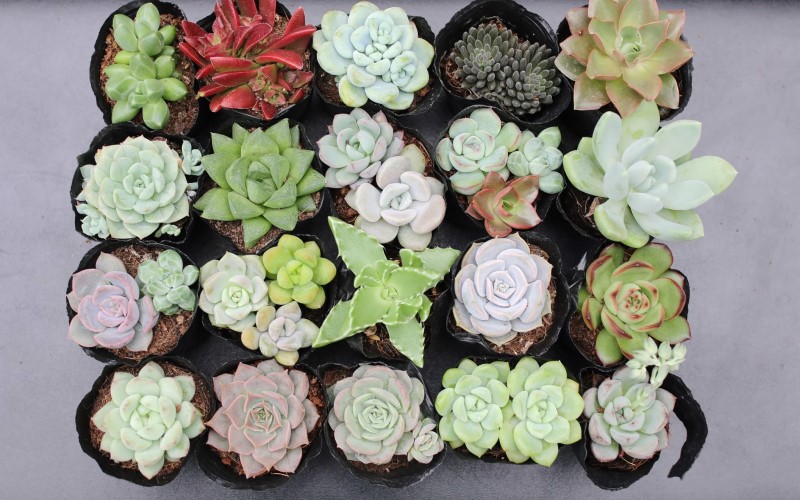
These are our top picks for plants that can help counteract the negative effects of blue light from computers, phones, and similar electronic devices. We hope you find a plant that suits your taste and helps protect your health and that of your loved ones.
How to Keep Eyes Healthy and Young-Looking: 7 Essential Tips
Do you want to protect the health and beauty of your eyes? Exposure to screens, smoke, and pollutants can cause early aging and contribute to eye-related diseases. Fortunately, there are a variety of ways to care for your eyes from the comfort of your home. Let’s explore some of these techniques in this article.



























